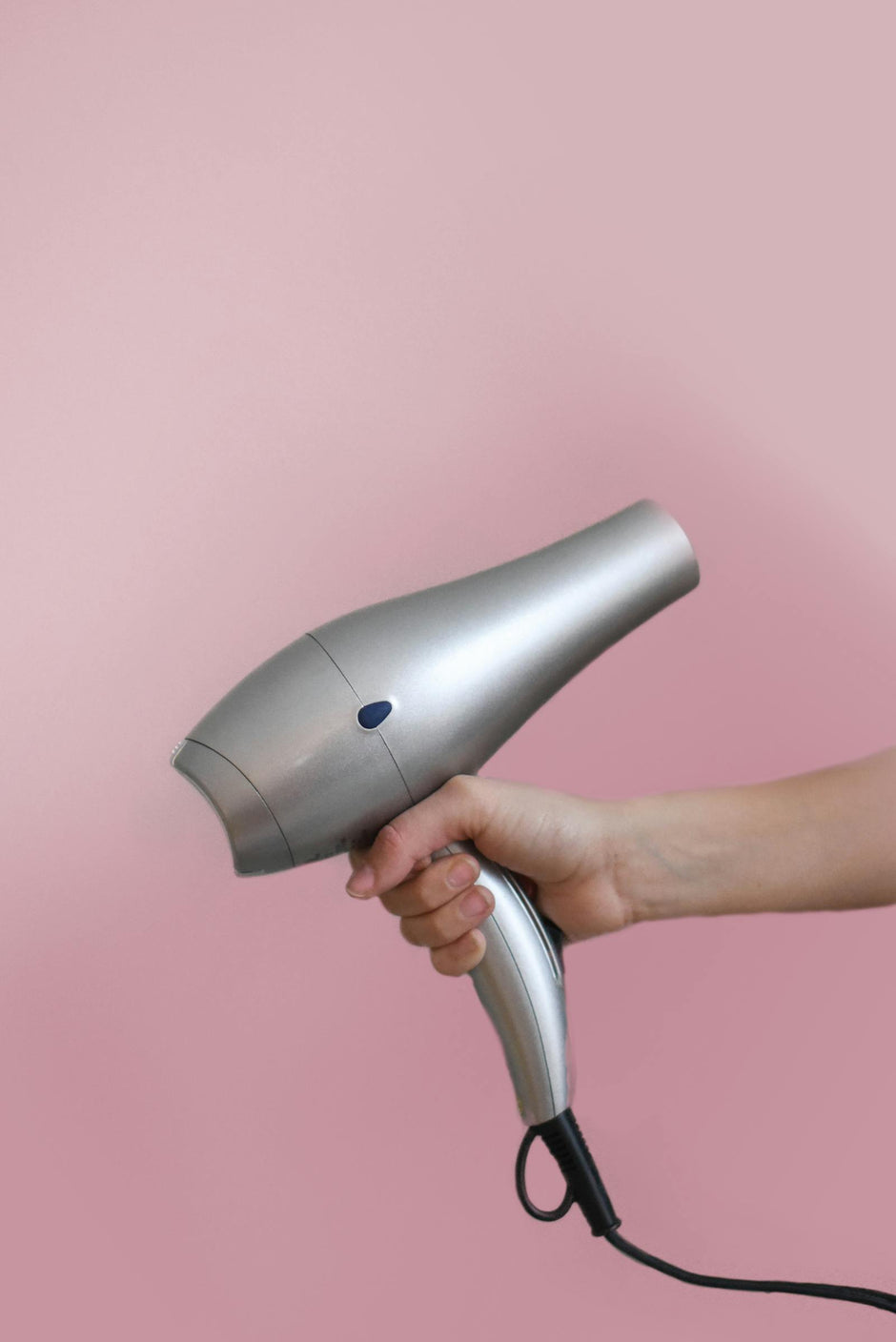Hair loss can be a distressing experience for many individuals, leading them to seek effective treatments. Hormone replacement therapy (HRT) has emerged as a potential solution, particularly for those experiencing hair thinning or loss due to hormonal imbalances. Understanding which HRT is best for hair loss is crucial for those looking to restore their hair and boost their confidence.
Table of content
Which HRT is best for hair loss?
The best HRT for hair loss often includes estrogen and progesterone for women, and testosterone for men. Estrogen can help combat hair thinning by promoting healthy hair growth, while progesterone can balance out the effects of estrogen dominance. In men, testosterone therapy can help improve hair density, especially in cases of androgenetic alopecia. It is essential to consult with a healthcare provider to determine the most suitable type of HRT based on individual health needs and hair loss causes.
Hair loss can stem from various factors, including genetics, age, hormonal changes, and medical conditions. When it comes to hormonal imbalances, both men and women can experience changes in hormone levels that impact hair health. For women, menopause is a significant period when estrogen and progesterone levels drop, often leading to hair thinning. For men, conditions like low testosterone levels can result in similar effects.
Estrogen therapy, commonly used in HRT for women, can help mitigate hair loss by restoring hormonal balance. It may also improve blood circulation to the scalp, promoting stronger and healthier hair follicles. Additionally, some women may benefit from the addition of progesterone, which can help protect against the detrimental effects of estrogen on hair growth.
On the other hand, testosterone replacement therapy can be beneficial for men experiencing hair loss due to low testosterone levels. Testosterone plays a crucial role in hair growth, and restoring its levels can lead to improved hair density. However, it's essential to note that testosterone can also lead to an increase in dihydrotestosterone (DHT), which may contribute to hair loss in genetically predisposed individuals. Therefore, monitoring and managing testosterone levels is critical to avoid exacerbating hair loss.
In addition to estrogen, progesterone, and testosterone, other hormonal treatments may also be considered. For example, some individuals may benefit from the use of anti-androgens, which can help block the effects of androgens like DHT, thereby promoting hair growth. Medications such as spironolactone are often prescribed for women experiencing hair loss related to high androgen levels.
When considering HRT for hair loss, it is vital to undergo a thorough medical evaluation. This evaluation should include blood tests to assess hormone levels, a review of medical history, and an understanding of the specific type of hair loss being experienced. Based on this information, healthcare professionals can tailor a treatment plan that includes the most appropriate HRT options.
It's important to understand that results from HRT can vary from person to person, and it may take several months to notice significant improvements in hair growth. Consistency with the treatment regimen, along with a healthy lifestyle, can enhance the effectiveness of HRT. Maintaining a balanced diet rich in vitamins and minerals, staying hydrated, and managing stress can contribute to better hair health.
In conclusion, determining which HRT is best for hair loss involves a personalized approach that considers individual hormone levels and the underlying causes of hair loss. Estrogen and progesterone for women, and testosterone for men, are common treatments that have shown positive results in promoting hair growth. Consulting with a healthcare provider is crucial to finding the most effective HRT strategy tailored to specific needs.
Moreover, combining HRT with other hair loss treatments, such as topical minoxidil or low-level laser therapy, may provide more comprehensive results. Ultimately, the journey to reclaiming lost hair is unique for everyone, and the right support and treatment can make all the difference.
```Tired of Thinning Hair? Try a Clinically Tested Serum.
Looking for a natural way to regrow hair and achieve a thicker, fuller head of hair? Ditch the stinging nettle for hair loss – Bio-Pilixin Serum is a drug-free hair activation serum that delivers clinically tested results.
Here's why Bio-Pilixin is superior:
- Clinically Tested Results: 93% of users saw a reduction in hair loss, and 73% experienced increased hair density.
- Safe and Natural: Unlike harsh chemicals, Bio-Pilixin uses plant growth factors derived from stem cell technology to nourish hair follicles and stimulate growth.
- Fast-Acting: See visible results in as little as 45 days (most typically see results within 150 days).
Stop wasting time on unproven remedies. Bio-Pilixin is the safe, natural serum you've been searching for.
Read more:
- The 11 Best Dermatologists Recommended Shampoos To Buy In the UK (2025)
- 13 Best Shampoos For Volume To Buy in the UK (2025)
- The 7 Best Shampoo For Older Women To Buy in 2025
As your leading source for hair health information over the past 4 years, we never compromise on accuracy. When it comes to your health, you deserve information you can truly rely on - and earning your trust is our top priority.
Here's how Scandinavian Biolabs ensures every piece of content meets the highest standards of accuracy and integrity:
- Credentialed Experts: Our reviewers are actively practicing doctors and medical researchers
- Stringent Reviews: Content undergoes rigorous editing by subject specialists and review by a practicing doctor.
- Evidence-Based: We rely on well-established research from trusted scientific sources like peer-reviewed journals and health authorities.
- Full Transparency: Our editorial standards, writer credentials, reviewer credentials, correction process, and funding are all publicly documented.
- Independent Voice: While we do promote products, we operate in a vacuum to business operations. Our main goal is just an unwavering commitment to providing medically-sound guidance.
You can count on Scandinavian Biolabs to consistently deliver the trustworthy health information you deserve. Read our Editorial Standards.






